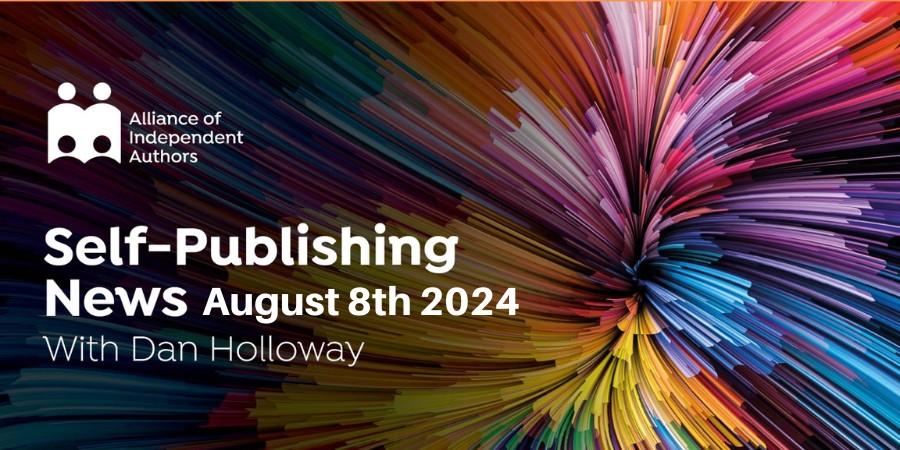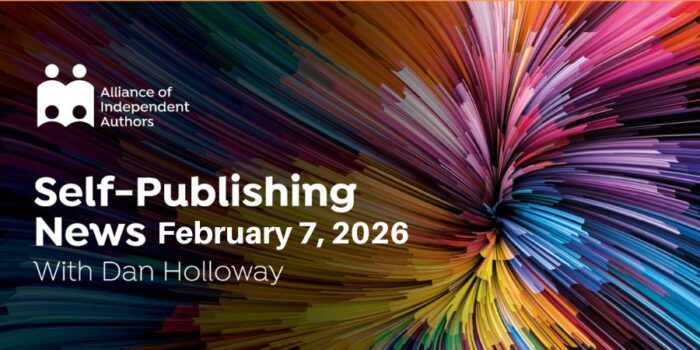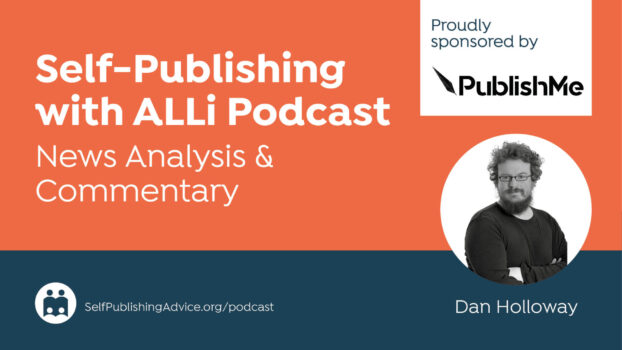
ALLi News Editor, Dan Holloway
You may remember that a few weeks ago, I commented on US legislators' enthusiasm for acronyms when I reported on the COPIED Act. Now they have outdone themselves with a piece of legislation with a similar intent. The NO FAKES Act aims to balance freedom of expression with protecting an individual's right to control how their distinguishing features, such as their voice and image, are used.
As the title suggests, the primary purpose is to clamp down on deepfakes. That title stands, in typically verbally torturous fashion, for Nurture Originals, Foster Art, and Keep Entertainment Safe Act.
The Association of American Publishers has welcomed the legislation. For creative groups, the significance lies in the protection from anyone who would seek to mimic their image or voice to pass off spurious content as the artist's own.
This is something many platforms already take very seriously. Spotify, for example, has been fighting to stop people from creating fake versions of tracks alleged to be by popularly searched artists, most notably Drake. In a marketplace where revenue is linked to streams, artists rely on the ability to stop fake versions of their work from soaking up potential streaming revenue.
This issue is not unique to music, of course, as Jane Friedman has drawn attention to works on Amazon passing themselves off as hers. I would be fascinated to know how things would have played out between Scarlett Johansson and OpenAI had the legislation been on the books before the launch of GPT-4o.
There are obviously also important safety and social aspects to the legislation, from preventing political manipulation to protecting teenagers from malicious image manipulation and bullying. However, it's the possible encroachment on freedom of speech that worries the Electronic Frontier Foundation (EFF), which has had a bad week all around. Not only are they claiming the NO FAKES Act impinges on creative freedom, but they have also lost a longstanding case they brought in relation to piracy.
The EFF had argued that a section of the Digital Millennium Copyright Act (DMCA) that prohibits “technological circumvention” of copyright locks was unconstitutional under the First Amendment because it prevented people who had a right to read or a right to fair use from exercising that right.
A District of Columbia Circuit Court opinion on the case has stated very clearly that neither claim is warranted:
“The First Amendment protects a right to read, but it does not grant unimpeded access to every reading material a reader might wish for.
“Similarly, the First Amendment does not guarantee potential fair users unfettered or privileged access to copyrighted works they seek to use in their own expression.”
Technological circumvention would mean steps such as using software that strips out DRM protection for digital files. I wonder if it might also mean using a VPN to access material unavailable in certain territories.




